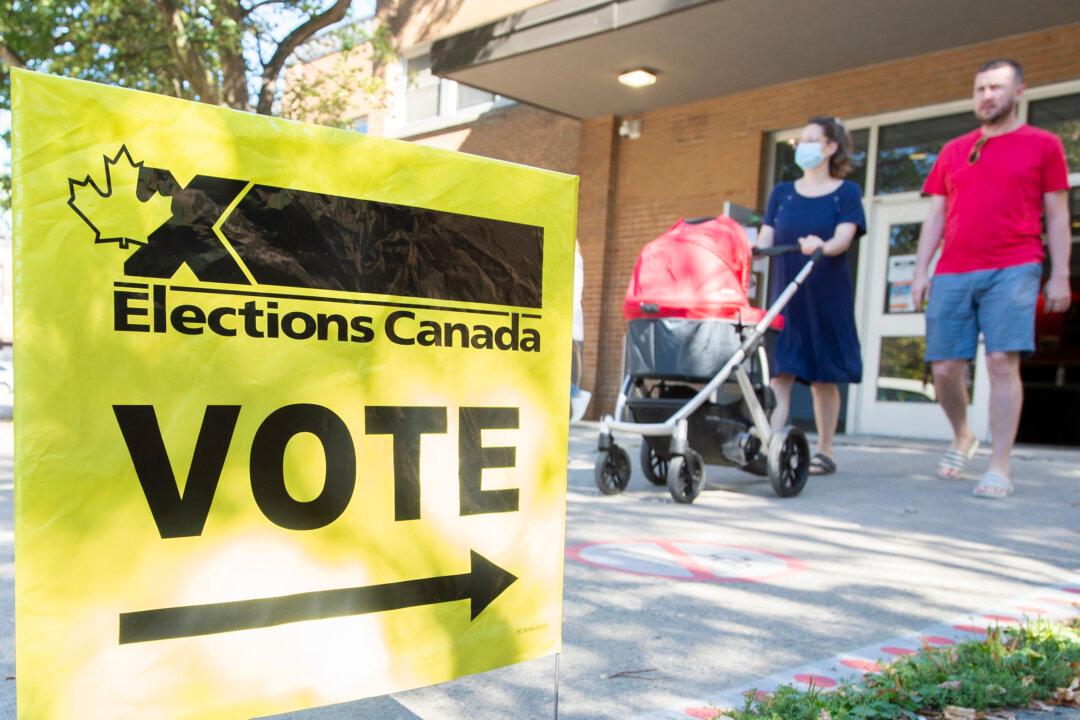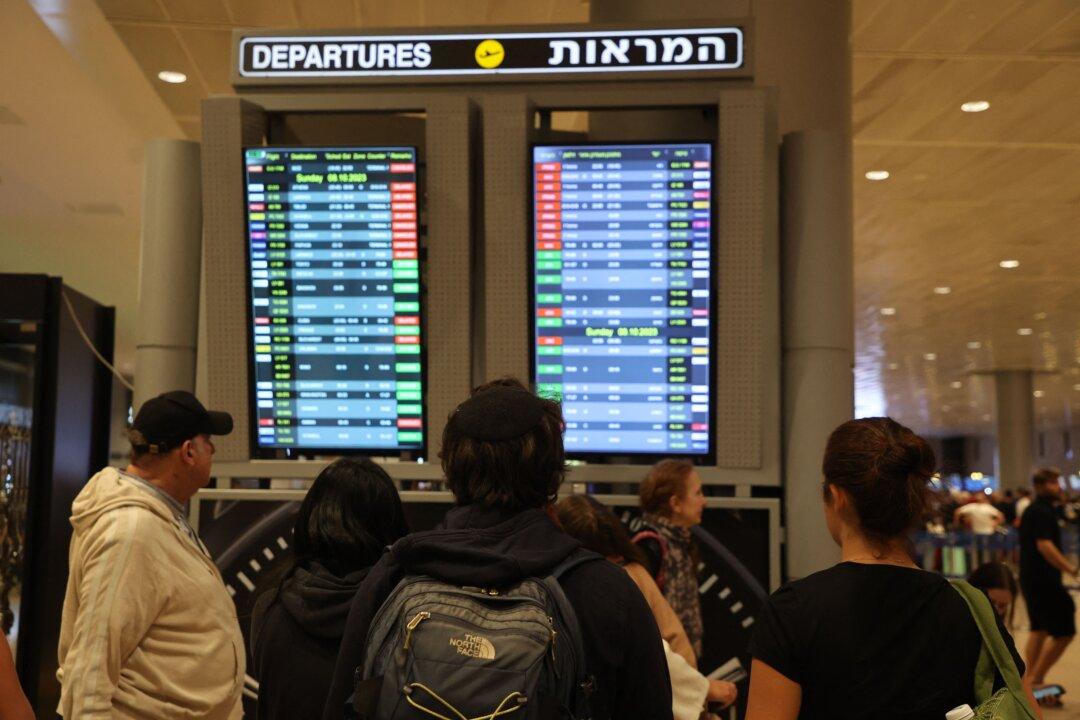The next federal election will see historic changes as the Electoral Boundaries Readjustment Act will take effect on Apr. 22, 2024, creating three fewer seats in Eastern Canada and four more in the west.
“One of our election readiness activities this year relates to electoral boundaries redistribution,” Chief Electoral Officer Stéphane Perrault testified at a House affairs committee meeting. Any election after Apr. 22 would take place under the new map, he said.
Redistribution aimed at roughly balancing seats to population growth will see 343 seats in the Commons, a record number.
Ridings are distributed with 122 in Ontario, 78 in Québec, 43 in British Columbia, 37 in Alberta, 14 in Saskatchewan, 14 in Manitoba, 11 in Nova Scotia, 10 in New Brunswick, 7 in Newfoundland and Labrador, 4 in Prince Edward Island and one each in Yukon, the Northwest Territories, and Nunavut.
Northern Ontario will lose one of nine ridings under major revisions to all seats in the region. Liberals in 2021 won all ridings in Northern Ontario except Kenora and Timmins-James Bay.The adjustments will also see Toronto be reduced from 25 to 24 federal seats with the loss of Scarborough-Agincourt held by Liberal MP Jean Yip. Liberals swept all 25 seats in the last election with 51 percent support, the Party’s largest popular vote in any major Canadian city.
The latest “Report Of The Federal Electoral Boundaries Commission For The Province Of Ontario 2022” has said, “It is necessary to move a district to other areas of the Greater Toronto Area that, while equally diverse, are growing much faster than the City of Toronto.”



